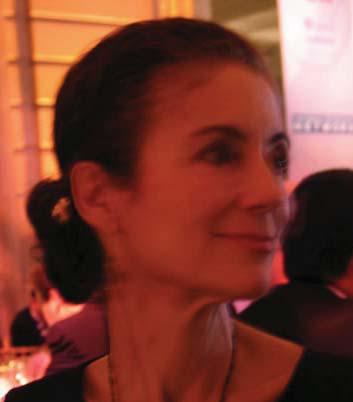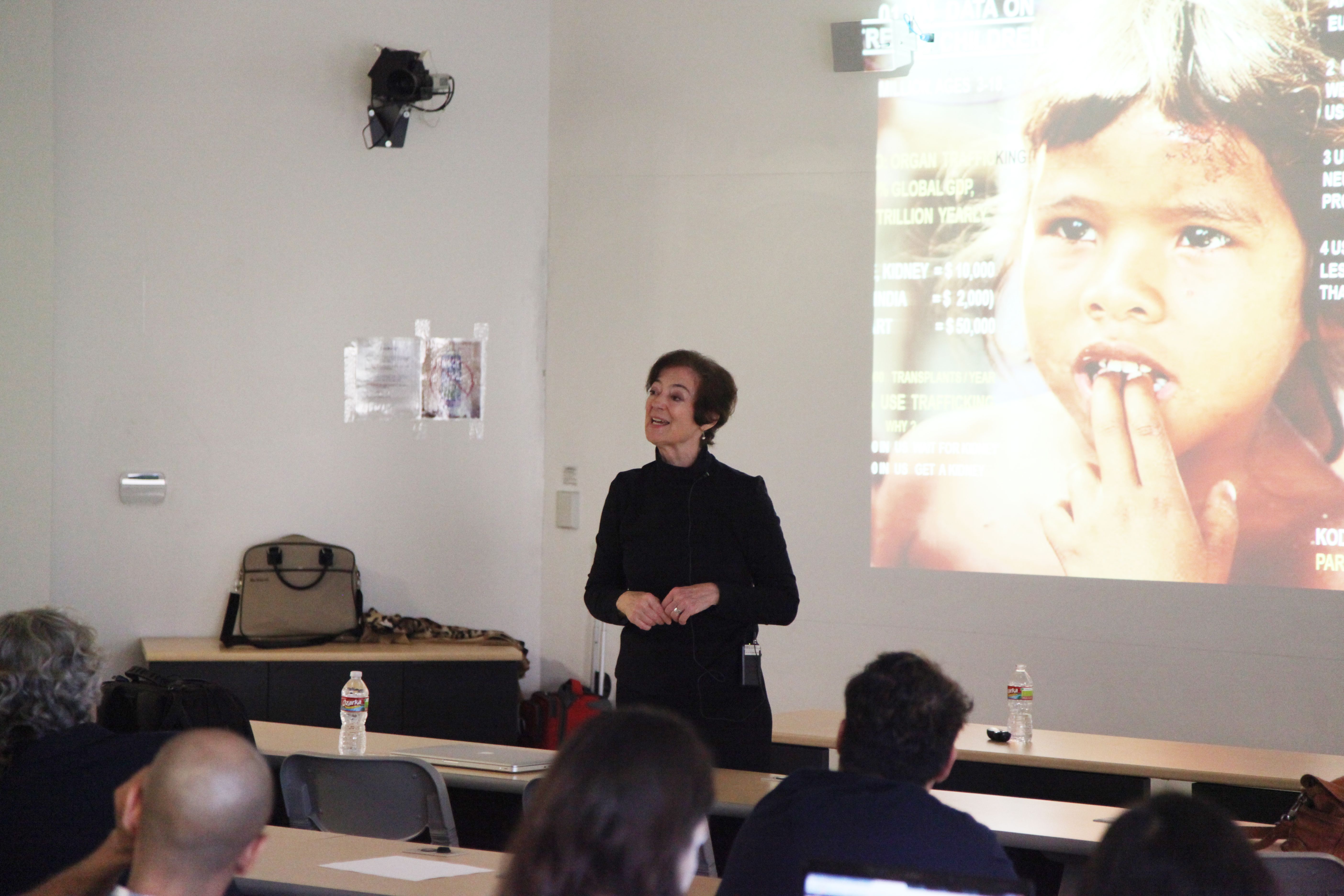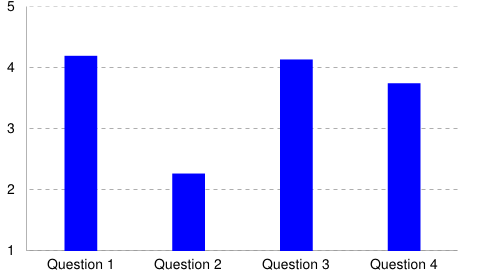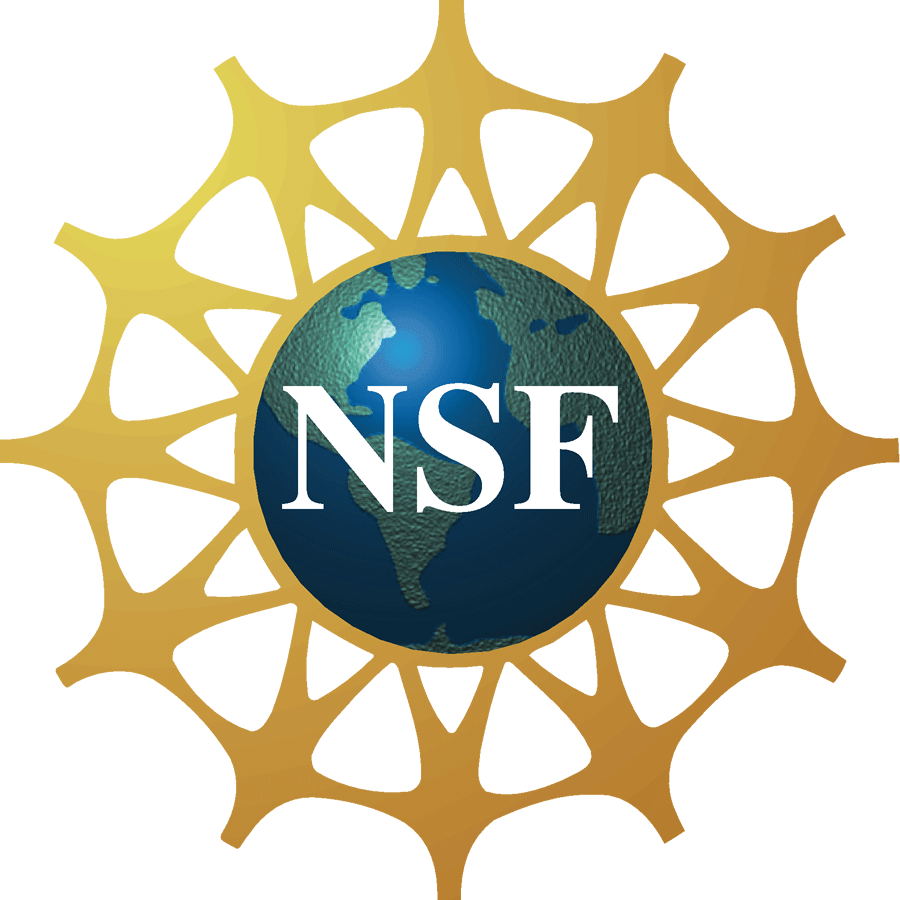Seminars and Panels
Regulating Ionizing Radiation:
Professor Kristin Shrader-Frechette |
Mar 5, 2012 |

Current flawed standards for ionizing radiation kill tens of thousands of Americans annually, and yet most people are not aware of the scientific and ethical problems with these standards. Many ethical problems regarding ionizing radiation arise from scientific practices that threaten rights to life, rights to know, and rights to consent to risk. These questionable practices include radiation experiments (without their consent) on retarded children and Native Americans; suppression of reactor-accident data from Chernobyl, Three Mile Island, and Fukushima; falsification of radiation-worker dose data; and cover-up of weapons-testing-radiation harm to civilians, to soldiers, and to “atomic veterans.”
However, there also are ethical problems inherent in the scientific theory underlying radiation standards themselves. Current regulatory standards for ionizing radiation are both scientifically and ethically indefensible. They victimize ordinary people-but especially, workers, children, and future generations. This talk provides an overview of radiation hazards and their scientific rationale, outlines questionable radiation-related scientific practices and scientific theory underlying regulations, and responds to the objections of those who defend current radiation standards.
About Professor Kristin Shrader-Frechette
Author of nearly 400 articles and 15 books, including Taking Action, Saving Lives (2007) and What Will Work: Fighting Climate Change with Renewable Energy (2011), Shrader-Frechette has held membership on many US National Academy of Sciences boards/committees, the US Environmental Protection Agency Science Advisory Board, and many UN committees. The first woman president of three international scholarly/scientific organizations (Society for Philosophy and Technology, Risk Assessment and Policy Association, International Society for Environmental Ethics), she has lectured throughout the world. Her research, funded by the National Science Foundation for 28 years, is translated into 13 languages.
Most of her work deals with radiobiology, quantitative human-health risk assessment, and ethical/methodological issues in science and public health. In 2004 Shrader-Frechette became the third American to win the World Technology Award in Ethics. In 2007, Catholic Digest named her one of 12 "Heroes for the US and the World" for her global, pro-bono environmental-justice and public-health work with minority/poor communities. In 2011, Tufts University awarded her the Jean Mayer Global-Citizenship Award for her pro-bono and scholarly work related to environmental justice and public health.

Audience Reception |
n = 36 |

Question 1 - How interesting was the topic to you?
Question 2 - How relevant was the topic to your interest and field of research?
Question 3 - How would you rate the quality of the presentation?
Question 4 - How would you rate the quality of the audience's interaction with the speaker?
Selective Comments
"Great!"
" Quality of the presentation and speaker was phenomenal "
- 2017 - 2018
- 2016 - 2017
- Behavioral Concepts and the Sciences of Human Behavior
H. Longino Apr 21, 2017 - Insane Asylums and Genetics: How Human Heredity Became a Data Science
T. Porter Feb 17, 2017 - The Nature of Pride: The Emotional Origins of Social Rank
J. Tracy Jan 23, 2017
- Behavioral Concepts and the Sciences of Human Behavior
- 2015 - 2016
-
Public Ethics, Politics and Sociobiology
M. P. Sheldon Mar 11, 2016 -
Classifying People by Color: How Racial Categories Change Over Time
A. A. Martinez Feb 29, 2016 -
The Origin of Social Impulse: E.O. Wilson's Recent and Controversial Rejection of Kin Selection in Historical Context
A. Gibson Dec 4, 2015
-
Public Ethics, Politics and Sociobiology
- 2014 - 2015
-
Special Event: Lone Star History of Science Meeting Writing the Origin with Burned Fingers: Darwin's Penance for the "Sin of Speculation"A. Sponsel Apr 3, 2015 - Welfare, Work, and Witness: Why Clinical Research Can Survive the Death of a Healthy Human Subject
L. Stark Apr 3, 2015 - The Distinctive Significance of Systemic Risk
A. James Mar 6, 2015 - The Devil's Heritage: Masuo Kodani, the "Nisei Problem," and Social Stratification at the Atomic Bomb Casualty Commission in Japan (1946-1954)
V.B. Smocovitis Jan 28, 2015 - Atypical Combinations and Scientific Impact
B. Uzzi Dec 8, 2014 - Psychology of Science and Technology
M. Gorman Nov 17, 2014 - How Economics Shapes Science
P. Stephan Sep 10, 2014
-
- 2013 - 2014
- The Decision to Put David Vetter in the Bubble
J. H. Jones Apr 16, 2014 - Ethical Paradoxes of
Control: Science, Engineering, and the Expansion of Moral ResponsibilityR. Hollander Mar 3, 2014 - 'Broken Symmetry': Humanism, Militarism, and the Dilemmas of Scientific Identity in Nuclear Age America.
J. Wang Feb 17, 2014 - Using Creative Non-Fiction in Teaching Research Ethics
C.M. Klugman Dec 2, 2013 - Does Neuroscience Undermine Responsibility?
W. Sinnott-Armstrong Nov 15, 2013 - Arming Mother Nature: The Birth of Catastrophic Environmentalism
J. Hamblin Oct 18, 2013
- The Decision to Put David Vetter in the Bubble
- 2012 - 2013
- Lead Wars: the Politics of Science and the Fate of America's Children
D. Rosner Mar 25, 2013 - Identifying potential pitfalls in the quantitative appraisal system for scientific careers
A.M. Petersen Dec 3, 2012 - Keeping Secrets: Scientists' strategic management of militarization, 1945-1980
S. Lindee Nov 12, 2012 - Evolutionary Theory as Methodological Anesthesia: Methodological and Philosophical Lessons from Evolutionary Psychology
R.N. Boyd Oct 19, 2012 - Panel on Peer-Review Issues
Oct 11, 2012
- Can technology enable cities to cope with the economic winter?
A. Hampapur Sep 21, 2012
- Lead Wars: the Politics of Science and the Fate of America's Children
- 2011 - 2012
- Engineering Success and Failure on 9/11
S.K.A. Pfatteicher Apr 27, 2012 - Regulating Ionizing Radiation: Flawed Standard, Flawed Ethics
K.S. Frechette Mar 5, 2012 - Do fish feel pain?
C. Allen Jan 25, 2012 - The Ethics of Relevancy
J. Levine Dec 13, 2011 - ORI Cases and How to Protect Yourself from Research Misconduct in Your Labratory
A.R. Price Nov 7, 2011
- Engineering Success and Failure on 9/11











